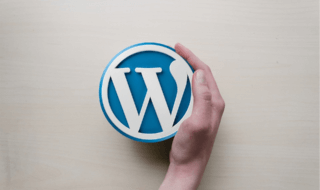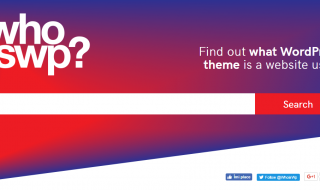Succeeding in an organic search today requires you to optimize your website for a combination of factors that are considered by search engines – technical, on-page and off-page. Over the years, off-page SEO has been on a rise and techniques like link building, link baiting etc. are used to improve site authority and get traffic. But the hard reality is, off-page SEO won’t work well for you if on-page factors are ignored.

The smart geeks know that on-page optimization needs to be prioritized constantly. The search landscape is ever evolving, and it is really important to ensure that your on-page SEO knowledge should be up to date. Let us explore the on-page optimization techniques that are often ignored by webmasters resulting in low website rankings.
Contents
Title Tag
Most of the digital marketing agencies have found that even the top performing websites ignore the title tag. The title tag is an HTML tag that exists in the header of each webpage. It provides an initial context as to what the page is about.
The best part is that it is featured prominently in search engine results pages as well as in the browser window. The title tag itself has a small impact on organic rankings and this is why it is overlooked sometimes.
The missing, duplicate or poorly written title tags may negatively impact your SEO results. Ensure that you are optimizing for this element.
Meta Description
Since the very beginning of SEO, Meta descriptions have been an important optimization factor. Meta descriptions and meta tags provide a description of what the page is all about and are often displayed on SERP under the title of the page.
While Google says that meta descriptions don’t help with rankings, but there are anecdotal evidences that indirect attributes of good meta descriptions actually help. Optimizing your page’s meta description can help you improve:
- The Click-through rate (CTR).
- The perception of the quality of result.
- The perception of what your website offers.
Internal and External Links
Interlinking within your website is really important and a crucial part of SEO. When a search engine bot comes to your web page, they read everything and if they find links, they follow those links and read them as well.
So, the search engine bot goes to other pages as well and make the search engine aware about those pages. This technique helps the spider to reach essential pages of the website.
External linking is again an important part of on-page SEO. It makes your content trustworthy as it gets reference from high authority website. External links will also help Google to understand your content.
Website Page Speed
Researches have shown that a one second delay in site loading speed can cost you 7 percent in conversions. If this doesn’t alarm you then, it’s estimated $1.6 billion lost in sales annually for e-commerce giant Amazon for a one second delay.
In 2013, Google announced that it will be using site loading speed as one of the ranking factors for mobile sites and web-based sites. The sites that are not fast will be demoted in SERPs using the algorithm.
Businesses ignoring site speed need to be alarmed and optimize the page load times to rank higher than their competition on Google. One of the common methods to reduce page loading speed is using a smaller number of plugins and responsive website theme. People even make use of CDNs to optimize the page load times.
Quality Content
It is rightly said that ‘Content is King’. But no one tells you what type of content rules the web. Filling your website with loads of content that will hardly get any visits will not rank your website on SERP. Your content needs to be meaningful and user-friendly.
It should attract the readers’ eye and make them stay for long on your website. Interlinking the major keywords or phrases with other informative pages can make the reader stay on your website for long, thereby improving the dwell time.
If you have some really good content written on your website, you are in business. The readers will flow to your website and you will get a boost in your organic rankings. Optimize the content with proper set of keywords and target them wisely. Do not overuse or spam the content with lots of keywords. Keep it simple.
The Bottom Line
So, these were some of the on-page SEO factors that are sometime overlooked and ignored by most of the webmasters, specially the newbies. It is important for a webmaster to consider all these factors while optimizing his/her website for better rankings.



